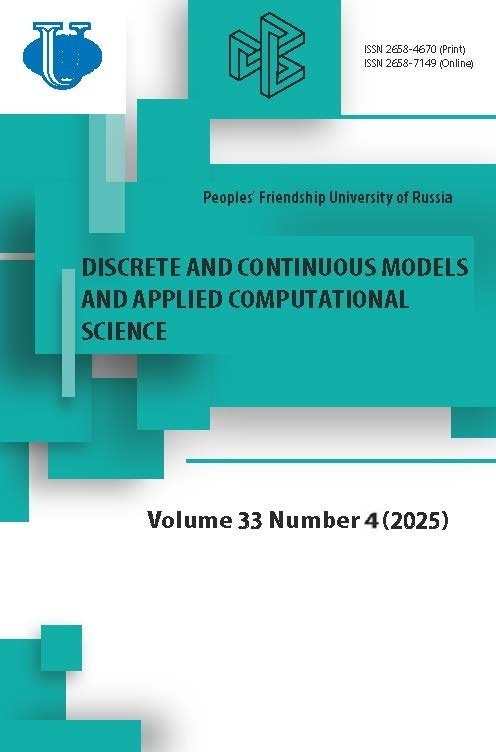Self-Adaptation in Swarm Optimization Algorithms
- Authors: Poluyan SV1, Reinhard NM1, Ershov NM2
-
Affiliations:
- Dubna International University for Nature, Society and Man
- Lomonosov Moscow State University
- Issue: No 2 (2014)
- Pages: 415-418
- Section: Articles
- URL: https://journals.rudn.ru/miph/article/view/8403
- ID: 8403
Cite item
Full Text
Abstract
Evolutionary algorithms are in active development for last two decades, due to numerous studies in the field of mathematical biology, and the wide spread of massively parallel computing systems since numerical modeling of biological systems (with significant degree of parallelism) requires significant computations. Swarm optimization algorithms discussed in this article are based on modeling of collective behavior in large colonies of animals, such as ants, bacteria, bees. Such algorithms are universal and applicable to a wide range of computational problems. The present paper is devoted to the new approach to the construction of self adaptive swarm optimization algorithms, which automatically adjusts parameters of the algorithm in the process of its evolution. The idea of building self adaptive evolutionary algorithms is based on the using in the background to the main algorithm (e.g., bacterial foraging algorithm) auxiliary genetic algorithm, the purpose of which is to adjust the parameters of the basic algorithm, providing the highest possible rate of its convergence. The application of the proposed scheme of self-adaptation on the examples of bacterial foraging algorithm and bees algorithms is considered. The results of the numerical study of such algorithms on the standard test problems of continuous optimization, demonstrating the efficiency of the proposed scheme of self-adaptation, are described.
About the authors
S V Poluyan
Dubna International University for Nature, Society and Man
Email: svpoluyan@gmail.com
Faculty of Natural and Engineering Science
N M Reinhard
Dubna International University for Nature, Society and Man
Email: nickreinhard@gmail.com
Faculty of Natural and Engineering Science
N M Ershov
Lomonosov Moscow State University
Email: ershovnm@gmail.com
Faculty of Computational Mathematics and Cybernetics
References
Supplementary files















